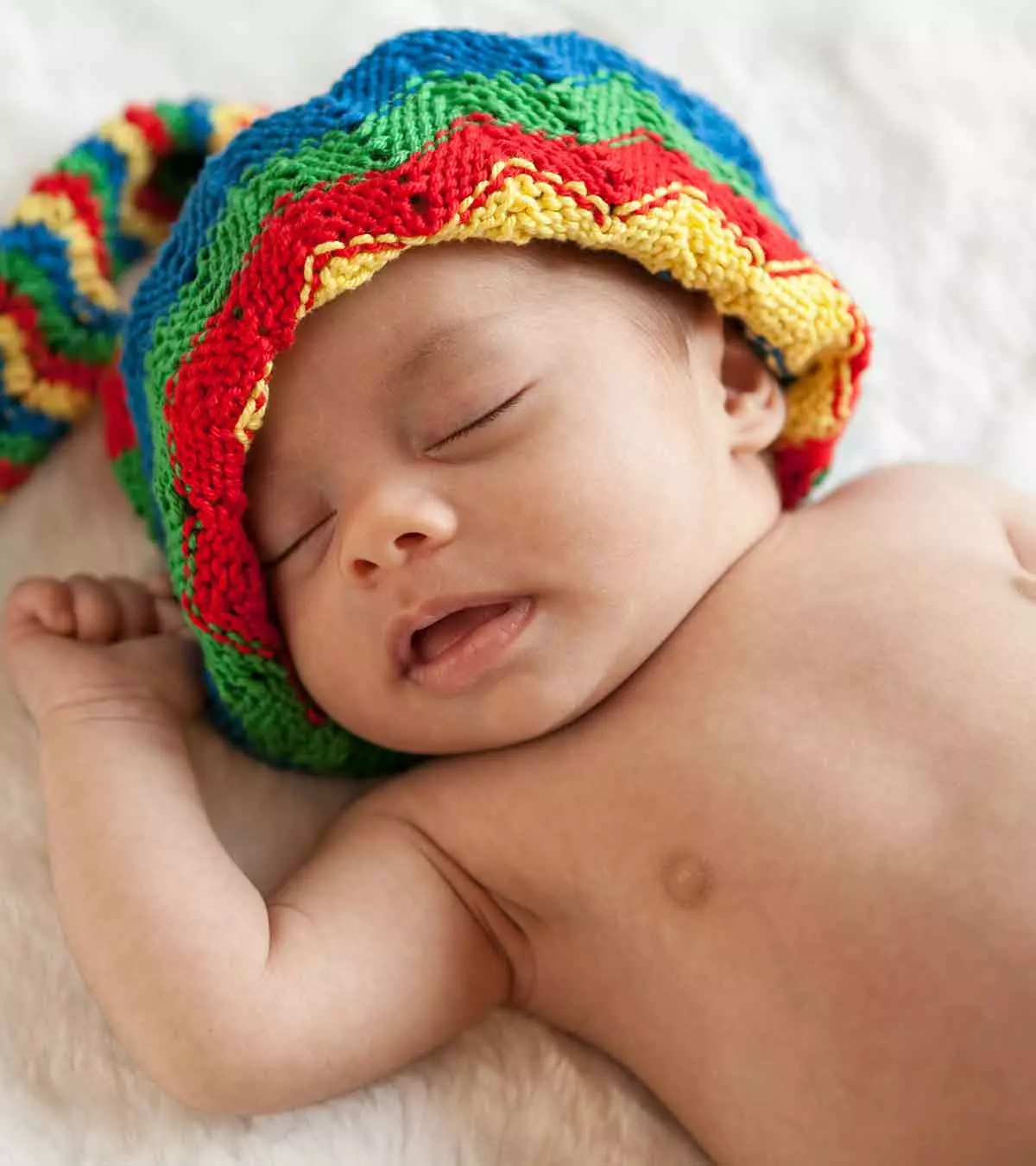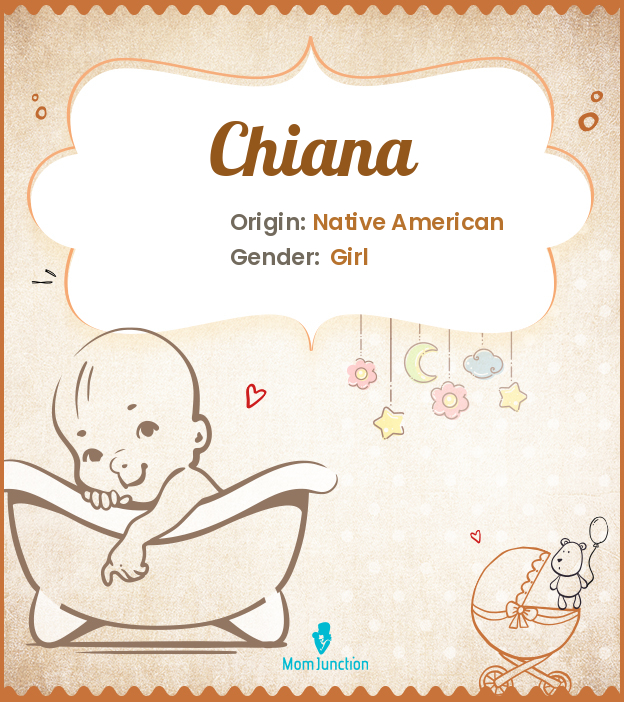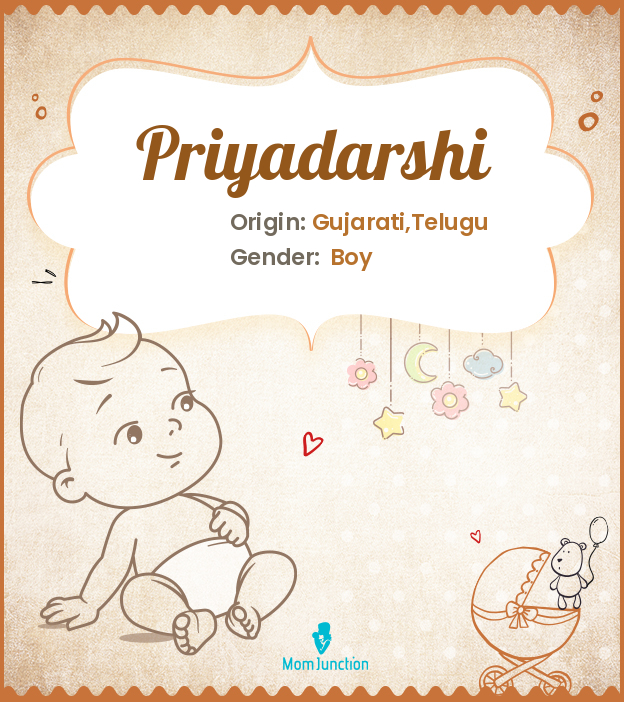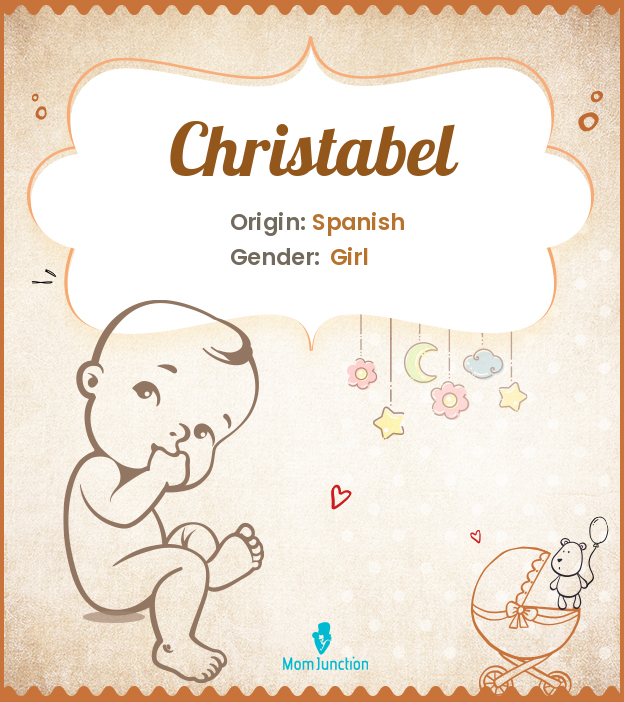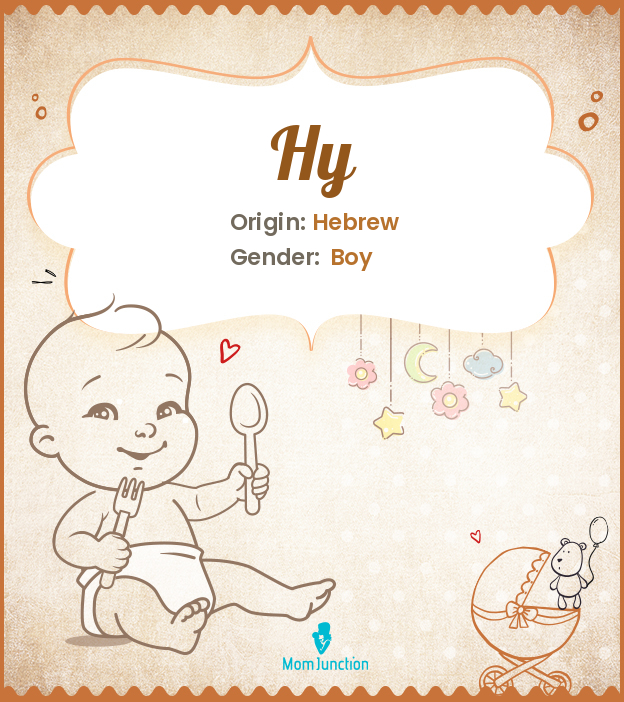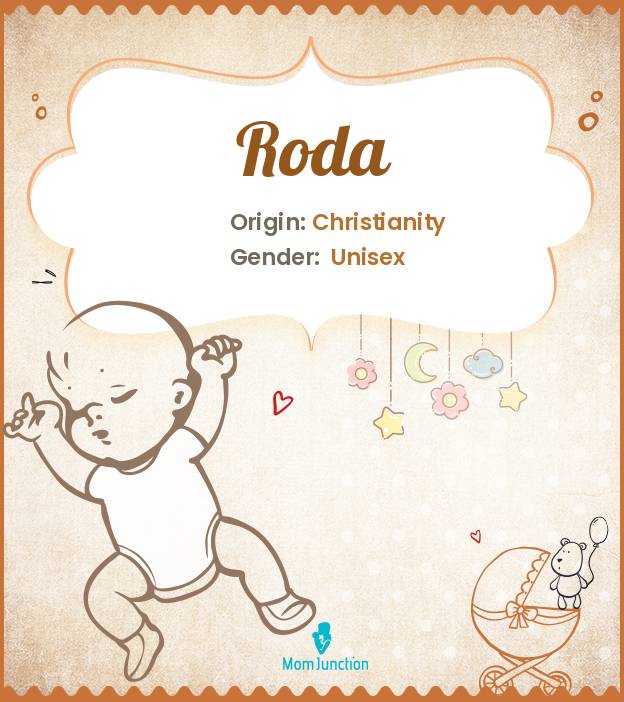
Image: Shutterstock
The geographical origins of Filipino last names are diverse. Some common Filipino surnames or last names bear Spanish, Chinese, or Arabic roots, while some have a mix of American and Spanish naming traditions. Some of these surnames are even derived from Tagalog and other languages. However, they are uncommon. These surnames also have a long and illustrious history. During the Spanish colonization of the Philippines in the 16th century, Filipinos began to adopt their surnames. As the Catholic Church provided names to new converts, an increasing number of Filipinos began utilizing both their native and Christian names, and that was the time when the Philippine government standardized naming practices among its citizens. This post lists some common, elegant, and rare Filipino surnames, along with their meanings, history, and variations. Keep scrolling.

Key Pointers
- Filipino last names have multiple origins, including European, Asian, Middle Eastern, and American.
- Many Filipino surnames come from the Spanish colonization and reflect the Spanish influence on the Philippines’ culture and language.
- Some of the most popular Filipino surnames are Abe, Suarez, Fernandez, Elyas, and Manug.
List Of Popular Filipino Last Names Or Surnames
1. Abe
It is derived from Hebrew and is used in several English-speaking countries. This name is a short form for ‘Abraham’ meaning ‘father of many or a multitude.’ It is a common surname in the Taytay region of Palawan.
2. Abad
This is an occupational surname of Spanish origin. It means ‘everlasting or eternal.’
3. Abadiano
This habitational name refers to a village in Biscay, Spain. It is one of the most common surnames in the Philippines.
4. Abalos
It is also one of the common last names in the Philippines. It is derived from Ábalos, a place near Haro in Soria province, and is a variant of Avalos, referring to a grove of kermes oak.
5. Abel
This is a biblical name meaning ‘breath, vapor, or vanity’ in Hebrew.
6. Adlawan
It has its origin in Cebuano and means ‘daytime.’ The root word ‘Adlaw’ means ‘sun’ in English.
7. Agbayani
This surname has its usage in Filipino, Tagalog, and Ilocano. It means ‘to be heroic,’ in Ilocano language.
8. Alcantara
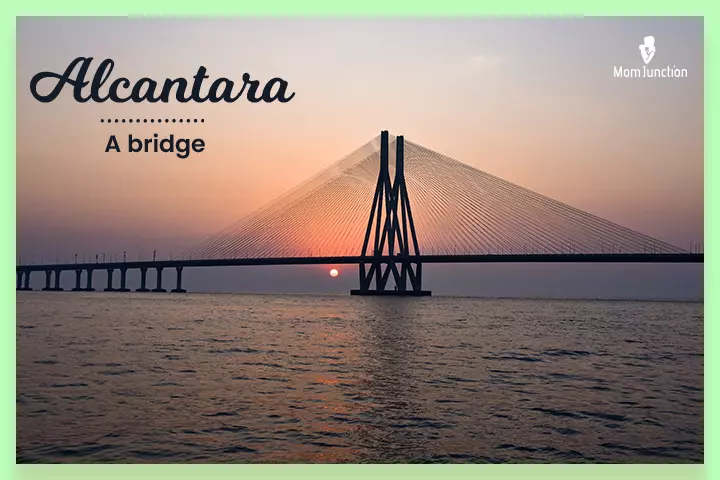
This is a habitational name for someone from the municipality of Alacantara in Extremadura, Spain. It is a transliteration of the Arabic word al-qantara, which means ‘the bridge.’
9. Almazan
It is primarily used in the Philippines and refers to someone from the municipality of Almazan in Castile and Leon, Spain. The name is derived from the Arabic word ‘al-makhzan,’ meaning ‘the stronghold.’
10. Alonto
Alonto means ‘extraordinary’ in Maranao. It is primarily used by Maranao and Filipino people.
11. Ambong
This refers to a type of hut or shack used for storing food grains. It has its origins in Filipino and Cebuano.
12. Avelino
It is derived from the personal name Avelino of Spanish origin. It was borne by Saint Andrea Avellino of the 17th century in Avellino in Campania, Italy.
13. Baccay
This surname means ‘to guard’ in Tagalog.
14. Bacolod
This is a toponymic name for someone who lived in the city of Bacolod on Negros Island in Western Visayas, Philippines. It means ‘hill or mound’ in English.
 Did you know?
Did you know?15. Bacunawa
It is derived from the Cebuano word bakunawa, which refers to a type of serpent or dragon in Visayan mythology.
16. Baguinda
This surname is a Minangkabau honorific for a prince. It was adopted in honor of Rajah Baguinda Ali, a Mininakabau prince who was a ruler of the Sulu Archipelago.
17. Balaguer
This habitational name refers to someone from the city of Balaguer in Catalonia, Spain. It also has its origin in Arabic.
18. Balindong
It is a title of nobility, meaning ‘seer or philosopher’ in Maranao.
19. Baluyot
This last name originated from the Hiligaynon word baluyot, meaning ‘bag, sack, or pouch.’
20. Banaag
Banaag means ‘gleam, daybreak, or reflection’ in Hiligaynon.
21. Bangon
It means ‘to get up or rise’ in Maranao. It also refers to a plot of land.
22. Baquiran
It is one of the most common surnames in the Philippines. This is a derivative of the word ‘bakiran,’ meaning forest in Ilocano.
23. Basa
This Filipino surname is a popular surname in Manila, the Philippines.
24. Batabor
It means ‘teapot or coffee pot’ in Maranao. It also refers to ‘green malong (tube skirt).’
25. Batungbakal
It is a Tagalog and Filipino surname derived from a combination of two names, namely ‘bato,’ meaning ‘stone,’ and ’bakal,’ meaning ‘iron or steel.’
26. Bayabao
This is derived from the Maranao term ‘Bayabaw,’ which refers to the traditional subdivisions of the eastern regions of Lanao.
27. Bulalacao
It is widely used in Tagalog- and Filipino-speaking regions. This is a derivative of ‘bulalakaw’ in Tagalog, meaning ‘shooting star or meteor.’
28. Bulan

A Cebuano surname meaning ‘a moon’ or ‘a month,’ this name was first brought to England by the Norman Conquest.
29. Cabahug
The original surname ‘Cabajug’ was first found in the 19th-century Spanish documents. It is derived from ‘bahog,’ meaning ‘feed or slop’ in Cebuano.
30. Cagadas
This name was most likely given to the Filipinos during the conversion of native Filipinos into Christianity.
31. Calinao
It is derived from ‘kalinaw,’ meaning ‘clarity or peace’ in Cebuano.
32. Calumpang
This is a toponymic name that refers to someone from the river in Batangas, Philippines. It is an alternative to the name ‘kalumpang,’ meaning ‘wild almond tree’ in Tagalog.
33. Camama
This Filipino surname is derived from the word ‘kamama,’ meaning ‘manly or masculine’ in Maranao.
34. Canosa
It is derived from the Latin word ‘Cana’ meaning ‘cave or reed.’ It is a common surname in the Caraga, Central Visayas, and Northern Mindanao regions.
35. Caringal
This surname is derived from the nickname Dingal, meaning ‘very handsome or very beautiful’ in Tagalog.
36. Catacutan
This is derived from the Tagalog word katakutan, meaning ‘fright or fear.’
37. Catapang
It means ‘courage or bravery,’ and is derived from the Tagalog word ‘tapang.’
38. Cayabyab
This Filipino surname originated from the Tagalog word ‘yabyab,’ meaning ‘pounding of rice grains.’
39. Celda
This modern surname is of Spanish origin and is a word referring to a prison cell.
40. Chaves
This is an alternate spelling of Chavez, the famous labor leader Cesar Chavez.
41. Dagohoy
It is derived from the Cebuano phrase ‘dagon sa huyuhoy,’ meaning ‘talisman of the breeze.’
42. Dalisay
This surname is a popular nickname meaning ‘chaste or pure.’ It has its origin in Tagalog and Cebuano languages.
43. Dasalan
It refers to a ‘place of prayer,’ and is derived from the word ‘dasal,’ meaning ‘prayer’ in Tagalog.
44. Datuimam
This last name is a title used for religious leaders. It is derived from the Maranao word ‘dato,’ meaning ‘chieftain, leader,’ and Arabic word ‘imam,’ meaning ‘leader.’
45. Datumanong
It is derived from the name, Datomanong, a character in the Maranao epic poem Darangen. The name means ‘two-headed lizard’ in Maranao.
46. Datumolok
This surname is a combination of the Maranao words ‘dato,’ meaning ‘chieftain or leader’ and ‘molok,’ meaning ‘own or possess.’ It is a title used for nobility.
47. Dayanghirang
It means ‘chosen lady,’ and has a Tagalog origin. It is a combination of the words ‘dayang,’ meaning ‘lady, girl, process,’ and ‘hirang,’ meaning ‘selection or choice.’
48. Del Rosario
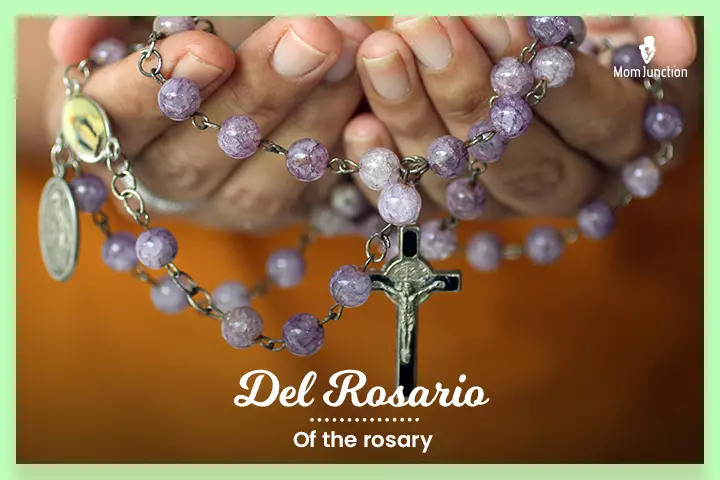
This last name, meaning ‘of the rosary,’ has its origin in Spanish.
49. Dilag
It refers to ‘splendor, beauty, or brilliance,’ or ‘maiden’ in Tagalog.
50. Dimaano
It means ‘not injured or not touched.’ This surname is a combination of two Tagalog words, namely ‘di,’ meaning ‘no, not,’ and ‘maano,’ meaning ‘have something happen.’
51. Dimaapi
This Tagalog word means ‘cannot be expressed.’
52. Dimabasa
It is a Tagalog word for ‘dry.’ The name is a combination of two words, namely ‘di’ meaning ‘no, not’ and ‘basa’ meaning ‘watery, wet.’
53. Dimacuha
It is Tagalog word meaning ‘unobtainable.’ It has been derived from the words di (no, not) and makuha (to obtain, to get).
54. Dimagiba
It means ‘indestructible’ in Tagalog. It is derived from the words ‘di,’ meaning “no, not” and ‘giba,’ meaning ‘demolished, destroyed.’
55. Dimaisip
It means ‘unfathomable.’ This surname is a combination of the Tagalog words ‘di’ meaning ‘no, not,’ and ‘isip’ meaning ‘discernment, intellect.’
56. Dimalanta
It is a Tagalog word meaning ‘cannot be withered,’ and is derived from the words ‘di,’ meaning ‘no, not,’ and ‘malanta,’ meaning ‘wither, fade.’
57. Dimaliwat
It is a Tagalog word meaning firm or stubborn. It is derived from the words ‘di,’ meaning ‘no, not’ and ‘liwat,’ meaning ‘to transfer.’
58. Dimapilis
The meaning of the surname is ‘cannot be dissuaded.’ It is derived from the Tagalog words ‘di,’ meaning ‘no, not,’ and ‘pili,’ meaning ‘contorted or twisted.’
59. Dimatulac
It means ‘stubborn’ or ‘cannot be moved.’ It is derived from the Tagalog words ‘di,’ meaning ‘no, not’ and ‘tulak,’ meaning ‘shove, push.’
60. Dimayuga
It means ‘unshakable’ in Tagalog and is a combination of the words di (no, not) and mauga (shaky or wobbly).
61. Divata
It is a Visayan or Mindanao word for‘ guardian or protector of nature.’ It refers to ancestorial spirits that guide mortals.
62. Dy
This surname is a Hokkien romanization of ‘Li’ meaning ‘plum or plum tree’ in Chinese.
63. Elyas
It is a variant of Elias, a Latinized form of the Hebrew word ‘Eliyahu,’ meaning ‘My God is Yahweh.’ This is a common surname amongst Filipino, Ethiopian, and Malay populations.
64. Fabroa
This surname means ‘lucky’ and is of Tagalog origin. It is a variant of Fabro.
65. Fernandez
This is a common Filipino surname, and it means ‘son of Fernando’ in Spanish.
66. Galura
This Filipino last name originated from the Sanskrit term ‘garuda,’ which refers to a mythical bird in Hindu, Jain, and Buddhist beliefs.
67. Gatus
This is a Cebuano word for ‘hundred.’
68. Gozar
This Filipino surname is derived from the Spanish word ‘gozar,’ meaning ‘to enjoy.’
69. Guinto

It means ‘gold’ in Tagalog.
70. Hermedilla
It is an occupational name given to those from the Batangas province of the Southern Tagalog region during the Spanish rule.
71. Halili
It means successor in Tagalog.
72. Labrador
It is derived from the root word ‘labaro,’ meaning ‘work or labor.’ This surname is often associated with San Isidro Labrador, the patron saint of farmers.
73. Lardizabal
It is a toponymic name denoting someone who lived at Lardizabal Palace, a mansion in Segura, Comarca of Goierri.
74. Laxamana
This surname is derived from the Sanskrit word ‘Laksamana,’ meaning ‘admiral or officer.’
75. Mabini
It is the Tagalog word for ‘modest, prudent or civil.’
76. Magsaysay
This is a Cebuano word meaning ‘to tell, to relate, or to narrate.’ A notable person with this name was Ramon Magsaysay, the seventh President of the Philippines.
 Did you know?
Did you know?77. Manug
This surname is commonly adopted by those living in Mnaug in Visayas or Mindanao, Philippines.
78. Marohom
It means ‘of the Sultan’ and refers to the Sultan in the Maranao region.
79. Milanay
This is a surname used by people of the Bicol region in the Philippines.
80. Oracion
This last name is derived from the Spanish word ‘oracion,’ meaning ‘prayer or sentence.’
81. Pabalat
The Filipino surname means ‘saddle, cover,’ or ‘saddle maker.’ It is believed to have been given to a boy by a Spanish surveyor in the late 19th century.
82. Pacquiao
This is the Hispanicized variant of Paquiao, and it means ‘wholesale’ in Cebuano. A notable personality with this surname is Manny Pacquiao, the former world boxing champion.
83. Panganiban
It means cautious or careful. It is a combination of the Tagalog word ‘panganib,’ meaning ‘danger’ and the suffix -an denoting action or cause.
84. Radiab
It is derived from the Maranao word ‘Radiyab,’ the name for the seventh month of the Islamic calendar.
85. Radiomoda
It means ‘young king.’ It is a Maaranao title that was traditionally used by sultans.
86. Salalila
It is derived from the Sanskrit word ‘sarira,’ meaning ‘body.’ It was the name of a rajah of the historical region of Maynila.
87. Salvador
It is a popular Christian name meaning ‘Savior.’ it has its usage in Filipino, Spanish, Catalan, Tagalog, and Portuguese regions.
88. Sicat
It is derived from the Tagalog word ‘sikat,’ meaning ‘rise to fame or appearance.’
89. Sioson
It is the Hokkien word for ‘small grandchild.’ It was probably used as a nickname and eventually transformed into a surname.
90. Suarez
The surname is an unaccented form of Suárez, meaning ‘son of Suero (blood, race, or family).’ It is a common surname in the Philippines and Latin America.
91. Sulu
It is a habitational name referring to someone from the sea in the Philippines. A notable bearer of the name is Hikaru Sulu, the fictional character from Star Trek.
92. Sumulong
This surname has its origin in Tagalog. It means ‘to advance’ or ‘to progress.’
93. Tanglao
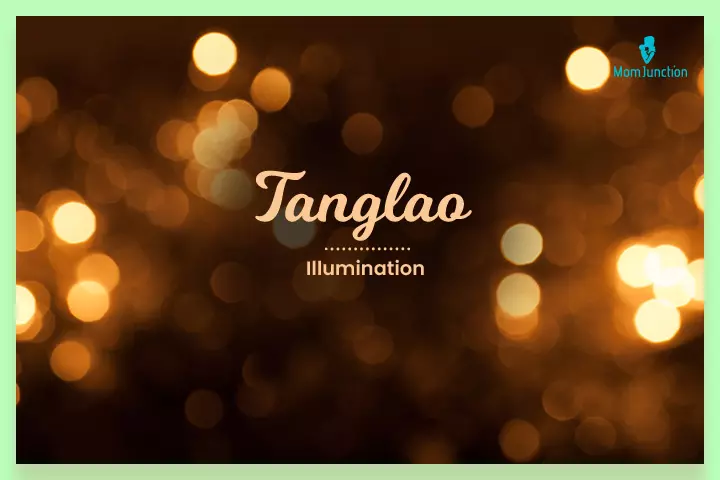
It is derived from the Tagalog word ‘tanglaw,’ meaning ‘illumination or light.’
94. Tatlonghari
This refers to the biblical Magi or the Epiphany. It is a Tagalog word meaning ‘three kings.’
95. Tibayan
The Filipino surname Tibayan is a Tagalor word meaning ‘to strengthen’ or ‘to secure.’
96. Tolentino
The toponymic surname is derived from the name of a town in the province of Macerata in Italy.
97. Trinidad
Trinidad is one of the unique Filipino baby names, and it means ‘trinity,’ which refers to the Holy Trinity in Spanish.
98. Valle
It is a habitational name, generally used by people living in any of the several places named ‘valle,’ meaning ‘valley.’
99. Valmorida
This means ‘valley of the forest field,’ and is a mix of Spanish and Japanese—‘val’ for ‘valley,’ ‘mor’ for ‘forest/ woods’ in Japanese, and ‘ta’ for ‘paddy/ field.’
100. Velasco
It is derived from a medieval name, Velasco or Belasco formed with ‘bel’ meaning ‘raven’ and a diminutive suffix’ -sco.’ It is also a habitational name used by people from any of the various places named Velasco in the Logrono, Soria, and Seville provinces.
Historical Context Of Filipino Surnames
The standardization of Filipino surnames can be traced back to the Clavería Decree of 1849, issued by Spanish Governor-General Narciso Clavería y Zaldúa. Prior to this, many Filipinos either had no surnames or used a wide variety of local, indigenous names, often leading to confusion in civil records. To systematize this, the decree mandated that Filipinos adopt surnames from an official catalog provided by the Spanish government.
This list contained thousands of Spanish surnames, as well as a selection of native words, which were distributed among Filipino families. The decree not only standardized names but also facilitated governance, taxation, and the implementation of civil registry systems across the Philippines. As a result, many Filipinos today bear surnames of Spanish origin, despite having no direct Spanish ancestry, a lasting reminder of the country’s colonial past.
Discover More Names
When you have to choose a name for your baby, a few hundreds of names may not be just enough. Keep digging our mine of baby names until you find that one precious gem.
Frequently Asked Questions
1. What are the traditional Filipino surnames?
Traditional Filipino surnames are those that were used before the arrival of the Spanish colonizers, such as Balagtas, Dimagiba, and Ilagan.
2. What is the meaning of the Filipino surname “Garcia”?
The Filipino surname “Garcia” is of Spanish origin, derived from the Basque adjective “garze(a)” which means “young” or “junior.”
3. What are some Filipino surnames derived from Spanish?
Many Filipino royal surnames are derived from Spanish during the Spanish colonial period, including surnames such as Santos, Reyes, Rodriguez, and Perez.
4. What are the rarest Filipino surnames?
Some rare Filipino surnames include Agulto, Catabay, Cerezo, and Duhaylungsod.
5. How do Filipino surnames reflect cultural heritage?
Filipino surnames are a rich reflection of the country’s diverse cultural heritage, shaped by indigenous traditions and centuries of colonial influence. Many Filipino surnames have Spanish origins due to over 300 years of Spanish colonization, due to which names like Santos, Cruz, and Garcia are common today. Some people have dual names following the Spanish custom. The mother’s maiden name serves as the person’s ‘middle name,’ while the father’s family name functions as their ‘surname.’ Both the middle name and surname are shared by all siblings within the family.
Our list of common Filipino surnames or last names has been used for centuries. These names sound exquisite and are still popularly used. It is interesting to learn the origins and variants of these names and the rich heritage they put forward just by using a single word. Filipino surnames are often highly representative of their country’s geography and culture. Lastly, these names are carried on for generations and are thus highly respected and tell a lot about every person’s family background without having to dig in at all.
Infographic: Common Filipino Last Names Or Surnames
The Philippines is well-known around the world for its natural beauty and rich biodiversity. It is common for anyone to fall in love with this country, and if you are someone who cannot get enough of the Philippines and its culture, the infographic below on famous Filipino surnames might interest you. So, keep scrolling.
Some thing wrong with infographic shortcode. please verify shortcode syntax
Illustration: Common Filipino Last Names Or Surnames With Meanings

Image: Stable Diffusion/MomJunction Design Team
Learn about Filipino Spanish surnames and their history! Discover how these surnames have been passed down through generations and how they shape Filipino culture today.
Community Experiences
Join the conversation and become a part of our nurturing community! Share your stories, experiences, and insights to connect with fellow parents.
Read full bio of Shikha Thakur
Read full bio of Srija Chanda Burman
Read full bio of Angela Alex





